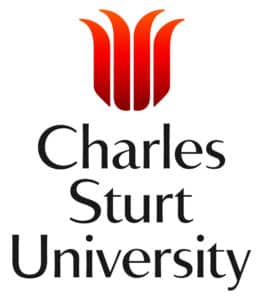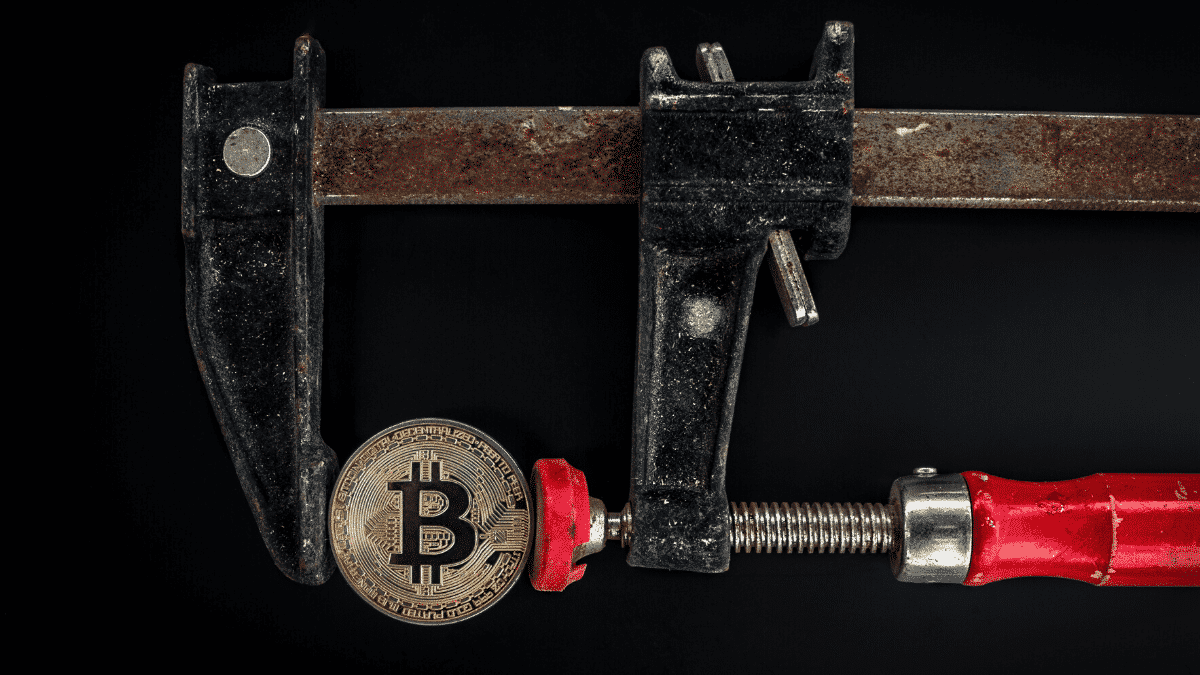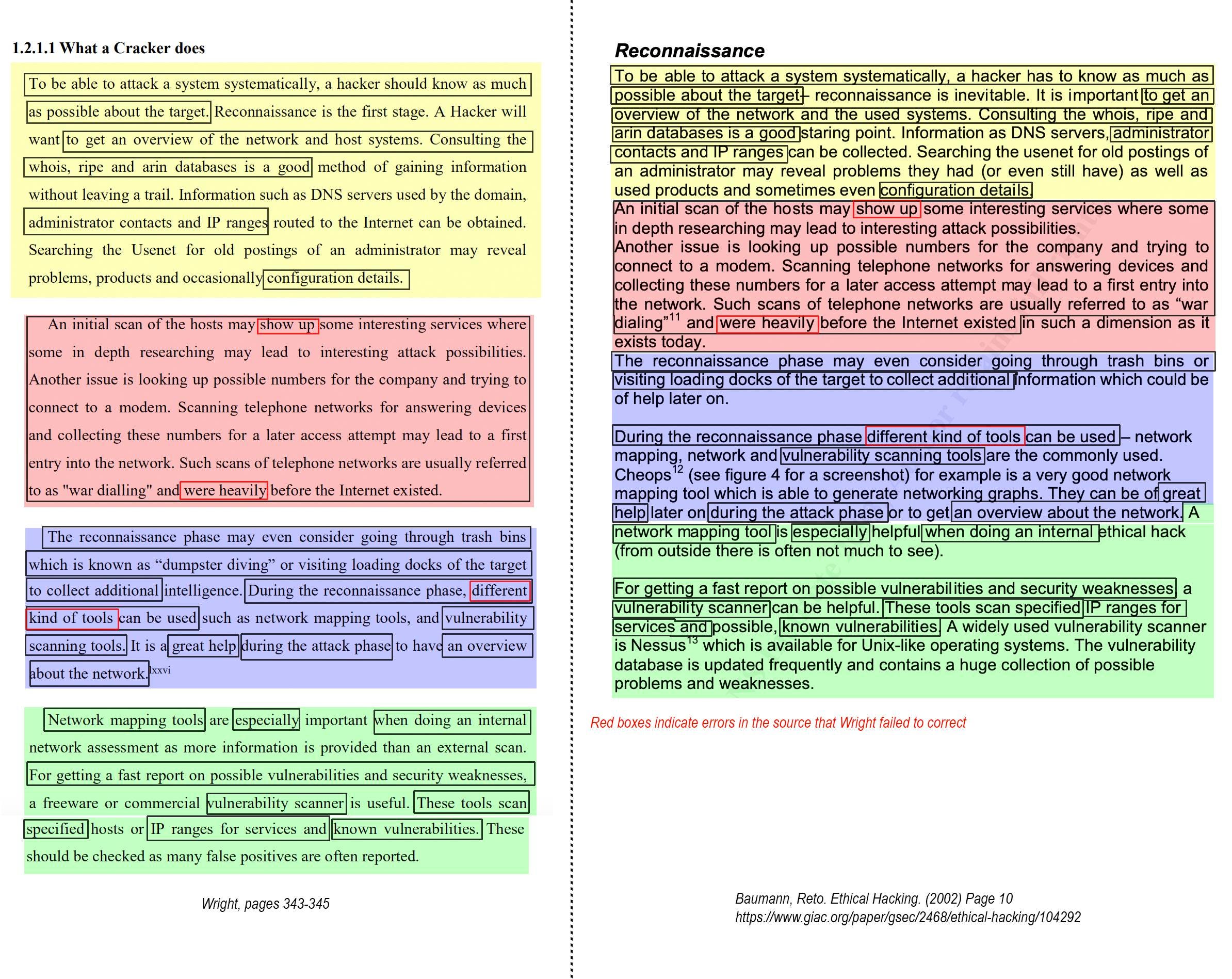Craig Wright’s Doctoral Thesis Being Investigated for Plagiarism

We’ve spoken about Craig Wright on this site twice before. First, we looked at the Bitcoin copyright battle, where he claimed that his copyright registration for the original Bitcoin code and whitepaper was proof that he was Bitcoin’s creator, Satoshi Nakamoto.
To be clear, it is not proof as the U.S. Copyright Office makes no attempt to validate the claims made in a registration, only to validate whether the registration is complete, correct and that the work involved qualifies for copyright protection.
The second time was to highlight Wright as the poster child for cryptocurrency’s plagiarism problem. There, we highlighted how Wright, despite making strong stands against plagiarism in the past, has faced nearly a dozen allegations of plagiarism in his work, including his dissertation that earned him his Master of Laws degree from Northumbria University.
However, for Wright one thread has remained consistent. None of these allegations have had much impact on him. Though his claims to be Satoshi Nakamoto are controversial at best, that’s more due to his lack of proof than his acts of plagiarism. In spite of that, Wright still enjoys his supporters and believers. If a lack of proof doesn’t sway them, repeated and believable allegations of plagiarism certainly won’t.
But Wright’s plagiarisms may finally have a consequence.
The same author that discovered the plagiarism in Wright’s Master of Laws dissertation, PaintedFrog, found similar plagiarism in Wright’s doctoral dissertation and Charles Sturt University. There, Wright was granted a Ph.D. in Computer Science and Economics in 2017. According to his bio, he also was a lecturer and researcher at the university.
However, that degree may now be in jeopardy as Charles Sturt University has revealed that it is investigating the allegations. Though it can’t confirm anything beyond that, the announcement has caused many to hope that the degree is revoked.
Unfortunately for those eager to see Wright suffer consequences for his plagiarism, that optimism likely needs to be tempered. Revoking a degree, though possible, is an extreme last step and it’s one that few schools take regularly.
However, that doesn’t mean that Wright won’t be impacted by the investigation if they do find that plagiarism took place.
Why Degree Revocation is Rare

Schools are often reluctant to revoke degrees for one simple reason: Degree revocation is a slow, difficult process that often turns ugly and even litigious.
First, there are the time and resources need to mount an investigation. Though PaintedFrog did a decent job laying out the similarities, the school needs to perform its own investigation or, more ideally, bring in an independent person or body to perform that investigation.
That takes a great deal of time and resources, two things in short supply at most schools. From a purely pragmatic standpoint, it makes little sense to spend what resources you have on revoking a degree already awarded when it could be spent focusing on current students.
Because of this, many schools don’t even investigate such claims or, if they do, only offer a cursory examination and dismissal. I’ve seen this first hand as clear plagiarism I’ve reported on was ignored by otherwise reputable schools.
However, if a school does investigate and does decide to revoke the degree involved, then things become very messy. As we’ve seen before, those who have their degrees revoked often turn to the court of law. In some countries, such as the United States and Canada, this is largely a solved problem with schools given great leeway to revoke degrees so long as it’s done with good cause.
Whether that is true in Australia, where Charles Strut University is based, is unclear.
But even if it is, universities often find it much easier to avoid the legal battle and simply reach a settlement with their former student. It’s often a settlement that requires the student to amend their work or submit a new version but allows them to keep the degree.
From the university’s perspective, there just isn’t any significant advantage to revoking a degree. As with so many other things, it’s just easier to work out an agreement that lets everyone safe face and lets them move on. This is especially true for Wright as he’s shown in the past that he’s willing to get litigious if he feels his name is being attacked.
However, this doesn’t mean that Wright will likely get away scot-free. If the university does find that he committed plagiarism, there may still be some consequences he will face.
Past Halfway There
In a strange way, we’re past halfway there when it comes to holding Wright accountable for plagiarism. Many schools, if not most, wouldn’t even investigate the allegations, let alone acknowledge it is doing so publicly. For example, Northumbria University, where Wright got his Masters of Law degree with a similarly-disputed dissertation, has not released a statement about any investigation.
For Wright, even a small rebuke could be a large deal. He has based much of personal brand based on his academic history and touts both his degrees and his certifications in his bio. He even discusses being a former researcher and lecturer at Charles Sturt University in his bio. His supporters routinely cite his academic achievements as reasons for believing him.
What legitimacy Wright has comes largely from academia. His degrees and certifications are certainly impressive, but if they were earned with plagiarized papers and stolen ideas, then the wind is taken from those sails.
While it’s one thing for a random person on the internet to point out the similarities, as PaintedFrog did, it’s another when the school agrees with him. Even if his degree isn’t revoked, his academic accomplishments are still diminished if these allegations carry any legitimacy.
And for Wright, that’s almost all he has. With his claims of being Satoshi unproven and more and more of his work coming under question, his wall of academic accomplishments have become increasingly important to him and his defenders.
However, that too is now showing cracks, chipping away at his last clear source of legitimacy.
Bottom Line
In the end, all we can do is wait and see what, if anything, Charles Strut University does. They could choose to revoke his degree, they could choose to do nothing. However, they could choose something in between, a more likely outcome.
Still, for a man who has based so much of his public image on his academic achievements, even a slap on the wrist can be a big blow. A degree is only worth the confidence the people have in the institution that granted it and the confidence that institution has in the former student. Wright is in danger of losing much of that confidence in a very public way.
Even if it doesn’t rise to the point of revocation, any action or statement by Charles Sturt University could be very impactful.
And that, ultimately, is the point. When people plagiarize or otherwise cheat to get a degree, they risk hurting the reputation of the school. The school, sometimes, has to respond by distancing itself from that student. Even if a revocation isn’t practical, the school can still send strong, if subtle, signals about its views.
When the decision is made, that’s what to look for. Not whether or not he still has that degree, but what message the school is sending about Wright. That message will say a lot both about Wright and the school itself.
Want to Reuse or Republish this Content?
If you want to feature this article in your site, classroom or elsewhere, just let us know! We usually grant permission within 24 hours.

